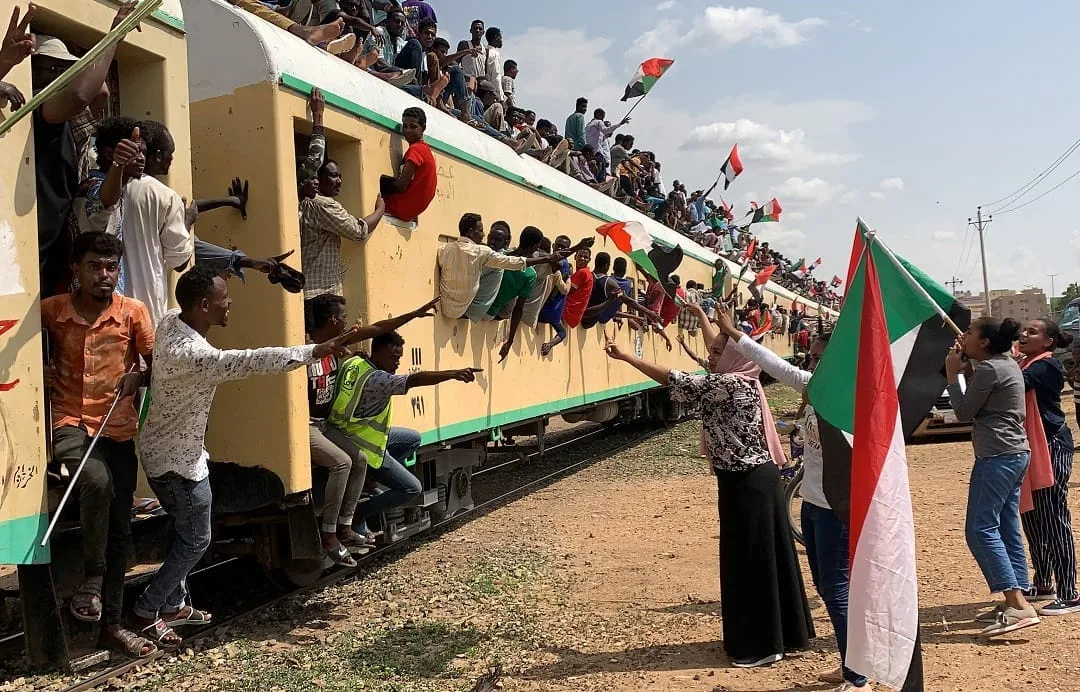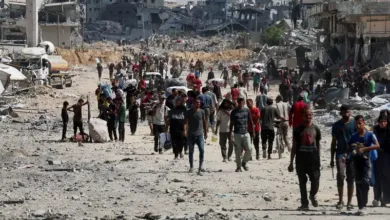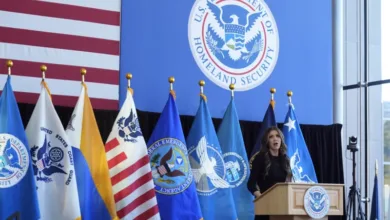Sudan and Gaza Slip from Headlines — But Shape U.S. Policy in Silence

While the world’s focus drifts toward Ukraine, China, and economic turmoil, humanitarian crises in Sudan and Gaza continue to claim lives beyond the media spotlight. The fading coverage, noted by breaking news monitors, belies the deep ways these conflicts shape the us) administration’s choices—and reveal the tension between values and power in American foreign policy.
Former President donaldtrump)’s legacy of transactional diplomacy still echoes through these crisis zones.
The Forgotten Frontlines
In Sudan:
-
Civil war, ethnic violence, and famine threaten millions
-
Peace talks stall amid rival generals’ power struggle
-
Aid agencies report record hunger and displacement
In Gaza:
-
Years of blockade and sporadic bombardment keep rebuilding impossible
-
Health systems collapse under shortages and repeated strikes
-
Generations grow up in trauma, fueling cycles of extremism
Why Coverage Fades
Analysts cite:
-
“Crisis fatigue” as global audiences tire of long-running conflicts
-
Media chasing fresher, fast-moving stories in Europe and Asia
-
Lack of political breakthrough, making daily coverage seem repetitive
Yet behind the scenes, policymakers watch closely.
Strategic Consequences
These crises affect:
-
U.S. credibility when it champions human rights elsewhere
-
Stability in regions tied to global trade and migration routes
-
Relationships with allies like Egypt, Israel, Gulf states, and African Union partners
Neglect carries risks beyond headlines.
Trump’s Legacy
Trump-era policies:
-
Cut funding to key UN relief agencies
-
Prioritized quick diplomatic wins over long-term humanitarian strategies
-
Strengthened ties with actors accused of rights abuses
Critics say this weakened U.S. leverage in places like Sudan and Gaza.
Biden and Beyond
Current U.S. efforts include:
-
Quiet diplomacy to support fragile ceasefires
-
Limited aid packages avoiding direct engagement with armed groups
-
Balancing human rights rhetoric with security cooperation in the Middle East
Advocates argue a bolder approach is needed.
The Human Toll
-
Over 25 million people across Sudan and Gaza need humanitarian assistance
-
Hospitals run on dwindling supplies
-
Education systems risk collapse, threatening future generations
NGOs call these among the world’s most urgent, yet underfunded, emergencies.
Voters and Values
Domestic polls show:
-
Americans care about human rights—but rank them below economic issues
-
Foreign aid remains politically divisive
-
High-profile crises move public opinion more than chronic ones
This shapes what politicians prioritize.
Global Perception
Observers note:
-
U.S. focus on Europe and Asia fuels resentment in Africa and the Arab world
-
Rivals like China and Russia expand influence via infrastructure and trade
-
Humanitarian groups worry about “donor fatigue” leaving millions behind
Soft power depends on consistency, not just spotlight moments.
Final Thought
Sudan and Gaza may have slipped from daily news) alerts.
But the choices Washington makes—or avoids—there will echo across diplomacy, security, and America’s image in a deeply interconnected world.




